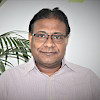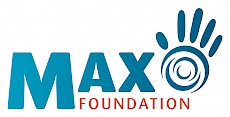'Based on what we've learned, we decided to save money to build a latrine'
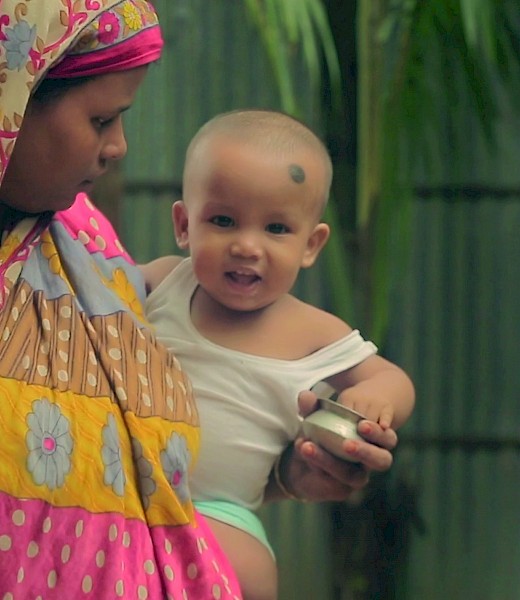
In the last two decades, Bangladesh has made major progress in many fields of development. However, there is still a wide disparity in poor, rural, and urban slum areas where stunting rates can reach up to 50% of the population.
Undernutrition in Bangladesh is estimated to be the main underlying factor in 45% of all deaths in children under five. It is one of the top thirty countries that are most affected by hunger and malnutrition, according to the Global Hunger Index 2019. Underlying causes of undernutrition in Bangladesh are strongly associated with lack of rights and inclusion. While availability and accessibility of nutritious and safe food at household and community level is a precondition for improved nutrition, it does not automatically lead to improved nutrition among all household members due to social barriers and inequalities.
Violation of child rights and mothers’ rights is recurrent and remains largely ignored on a family, community, and societal scale. In addition, there is a lack of policy implementation to the overall public health nutrition programming, resource mobilisation strategies, implementation, and financing. The key gap in the implementation process is the participation of communities as the rights-holders.
The governance structure of the second National Plan of Action for Nutrition (NPAN2) involves a body of several government institutions and INGOs providing nutrition services in emergencies. However, within this structure there is limited opportunity for participation of communities in decision making and claiming rights at national level, or even at district level.
The key vulnerable groups in Bangladesh are children under two and under five, mothers and caregivers, people with disabilities, and those particularly vulnerable to climate change and disasters (such as flooding and cyclones). However, we more broadly aim to reach everyone in the communities, all children via schools, and local entrepreneurs: these are the rights-holders who will hold key duty-bearers such as government representatives, international development actors, and donors to account.
people live in Bangladesh
of all deaths in children under five are mainly caused by undernutrition
of children under five are stunted
of all people are living under the poverty line
Unique for the Bangladeshi context is the potential to reach private sector service delivery, but governmental commitment will be needed to achieve this. The main focus to achieve inclusive service delivery from the government will be for civil society to be actively involved in improved data management and to become involved at a cooperative level for better coordination. Civil society capacity will be enhanced through exchange of skills of advocacy, data management and monitoring. What we aim for:
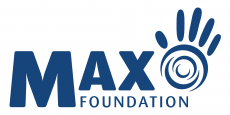
Combats child mortality with small-scale drinking water and sanitation projects in the most remote and poor areas of Bangladesh.
Learn more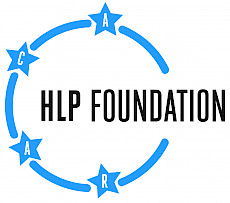
Delivers quality services to clients by identification of good practices from the projects/programmes and disseminate to the people through horizontally with the principles of Appreciation, Connection, Adaptation & Replication.
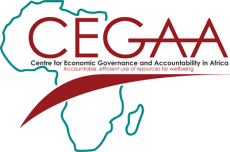
Works to build, in particular by empowering civil society, supporting parliamentarians, through training or capacity building on the budget process and monitoring.
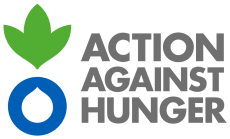
Is a humanitarian and development organization created in 1979 to fight against hunger for the last 40 years, and providing a coordinated response in nearly 50 countries. ACF implements Health, Nutrition, WASH and advocacy component of the project.
Learn more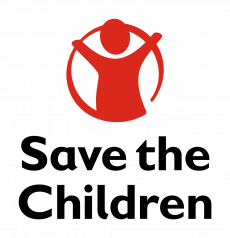
Fights to realize the children's rights.
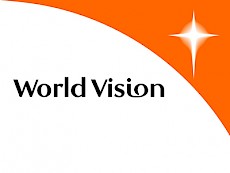
With Right2Grow, World Vision aims for stronger campaign against childhood malnutrition. World Vision is implementing health, nutrition, food security and advocacy projects.
Learn more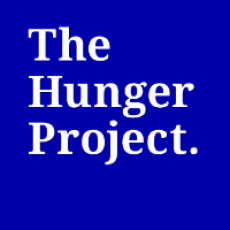
Works with a strong base of thousands of community volunteer change agents to promote sustainable, women-centred and community-led strategies to sustainably end poverty and hunger.
Learn more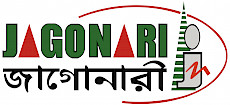
Has started its initiatives in 1998 as a non political, non profitable, right based and non government Organization, committed to participate in promoting national development through upgrading the socio-economic condition and protecting the rights of the disadvantaged and poor communities of the society.
Learn more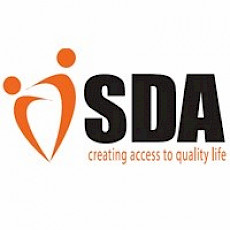
Society Development Agency (SDA) is a regional coastal based and District LEAD non-governmental organization working with marginalized people for their empowerment.
Learn more